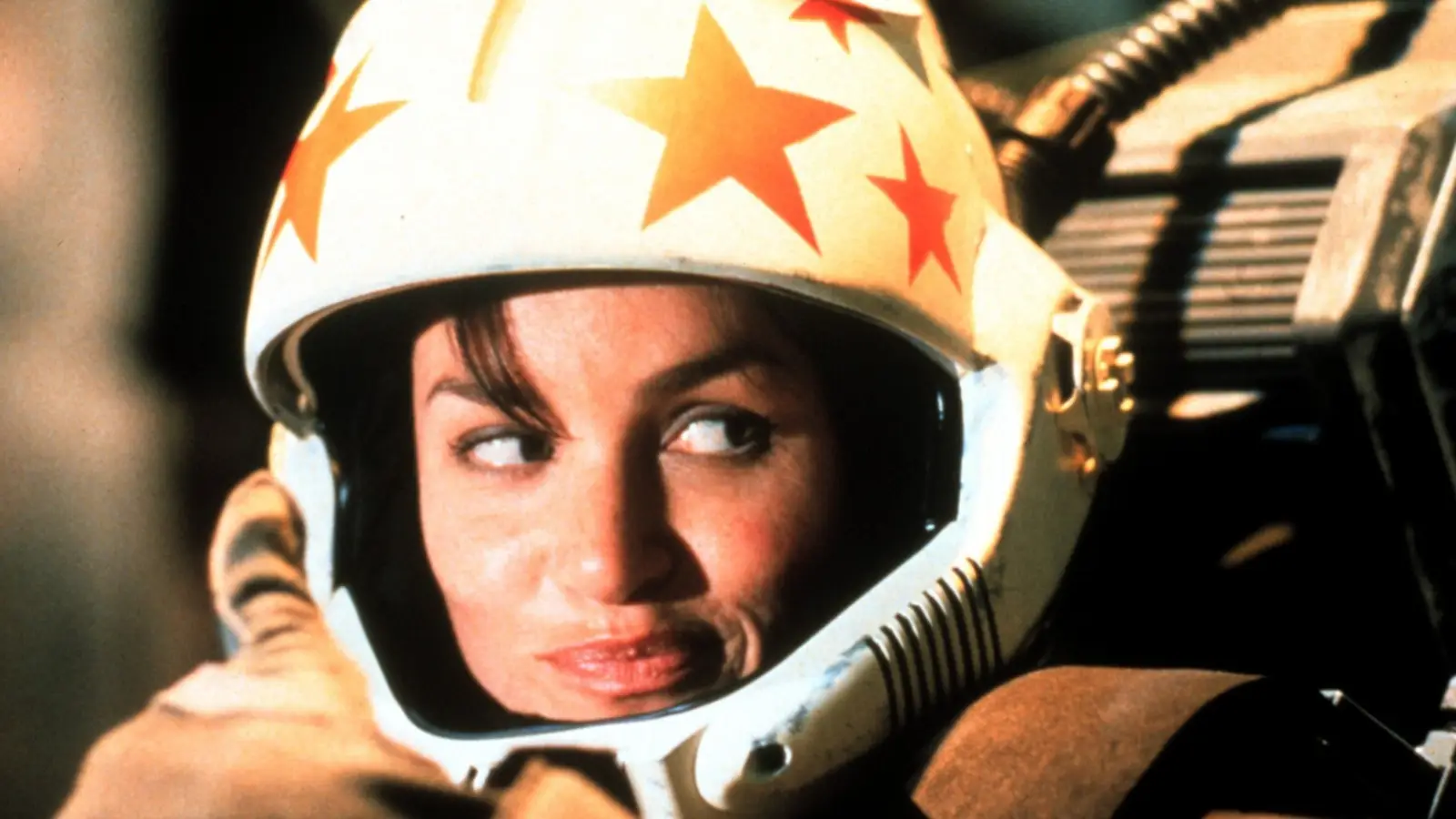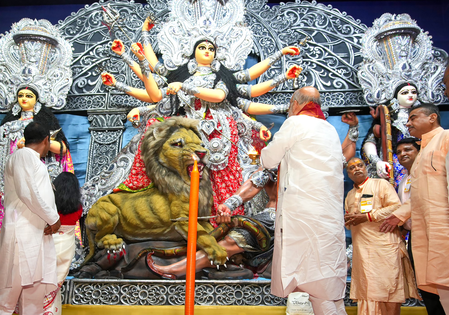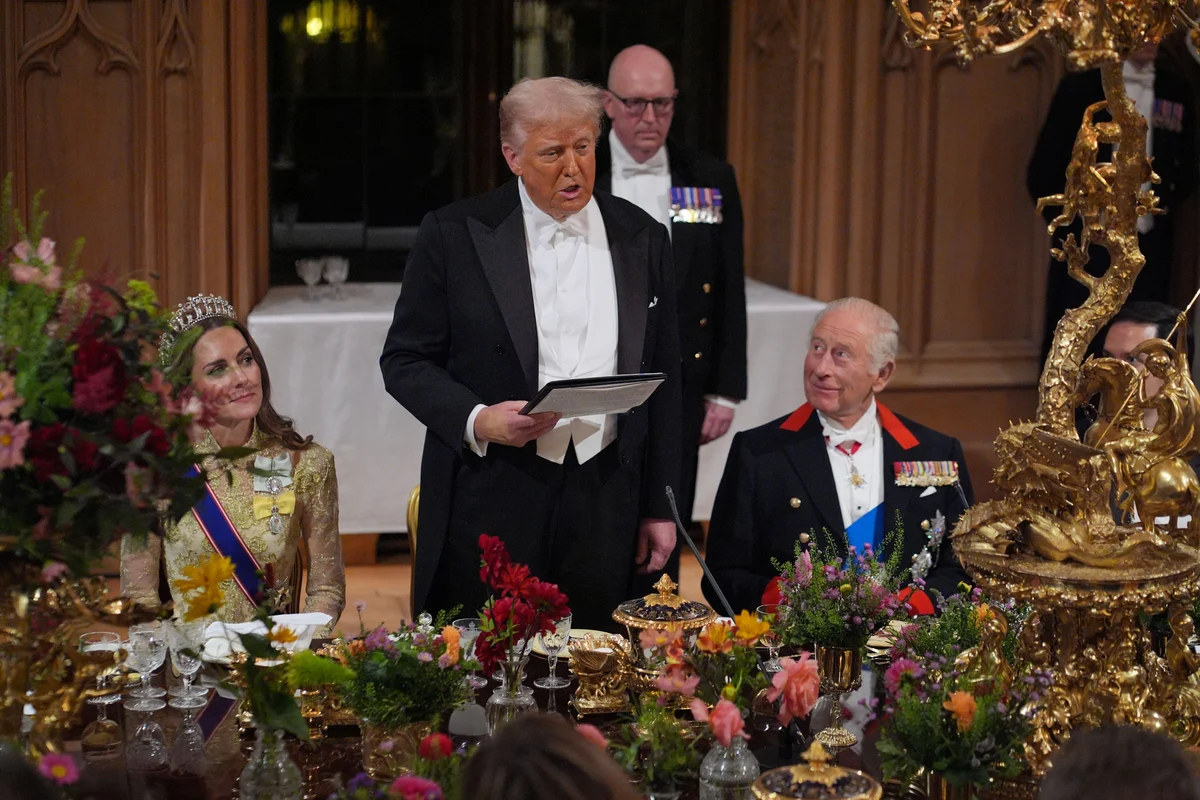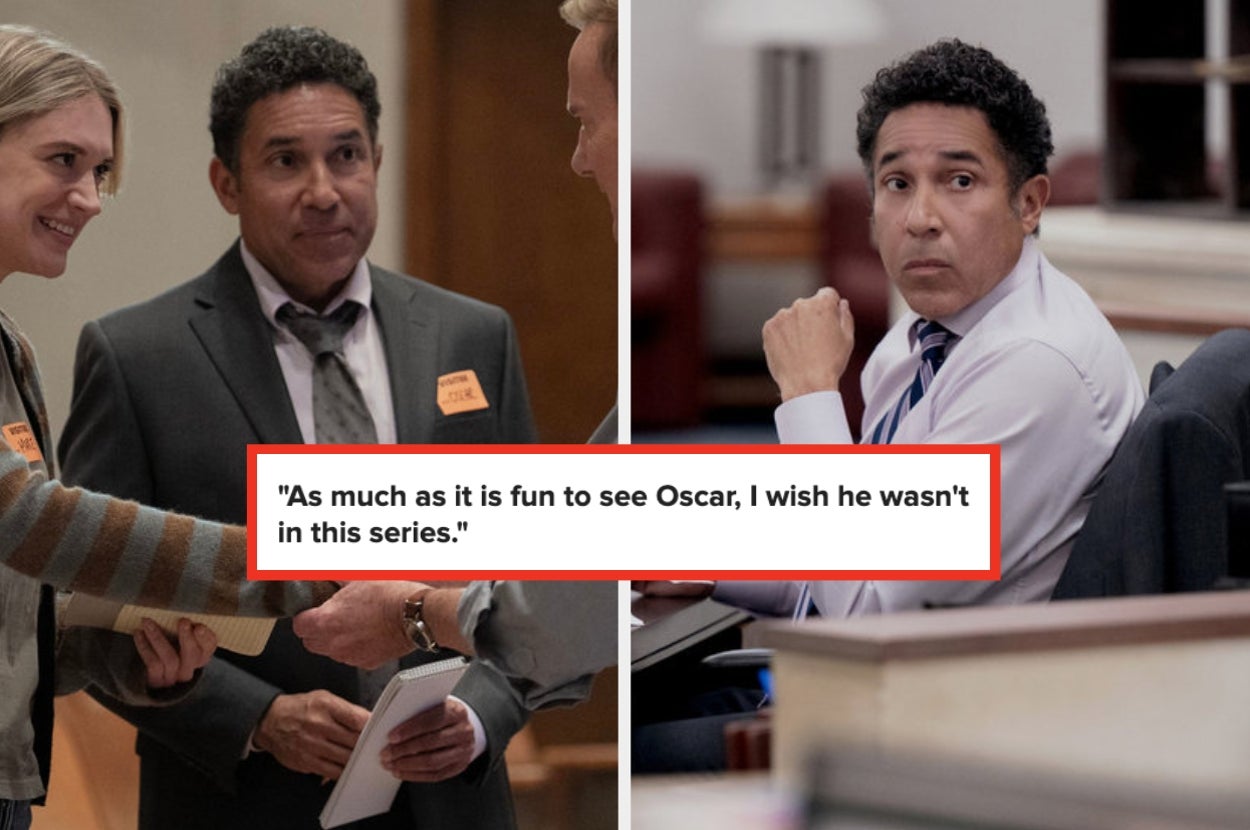
The world of forgotten 1990s sci-fi TV shows is both vast and a fascinating reminder of just how bold and experimental the decade was. In the world of 90s sci-fi, Star Trek: The Next Generation hit its stride, The X-Files became a pop culture juggernaut, and big hitters like Babylon 5 and Stargate SG1 made their debut. However, those iconic titles were only part of a much larger landscape.
For every breakout hit like Farscape or Sliders, there were countless forgotten 1990s sci-fi TV shows that tried something different. With television budgets growing and special effects technology improving, the genre was able to explore increasingly ambitious ideas. However, the same abundance that gave fans variety also doomed many intriguing series to short lifespans, lost in the shadow of better-remembered classics.
Many sci-fi shows that have slipped almost completely out of the cultural memory are worth revisiting. These aren’t just obscure cult oddities – they’re genuinely overlooked examples of inventive science fiction television. None will rival the biggest sci-fi series of the decade, but each offers something unique for fans looking to rediscover the daring, risk-taking spirit of 1990s television.
Time Trax (1993-1994)
A Time-Travel Police Procedural With A Pulpy Edge
Time Trax followed Darien Lambert (Dale Midkiff), a cop from the 22nd century sent back in time to track down fugitive criminals who escaped into the past. With only advanced gadgets and his holographic AI sidekick Selma (Elizabeth Alexander), Darien had to capture them without disrupting history. It was a simple yet effective twist on the police procedural.
The show’s appeal lay in its blend of crime drama structure with sci-fi high concepts. Each week gave a fresh time-travel twist while building on the larger question of whether Darien would ever return home. While it leaned heavily on episodic adventures, it was ahead of its time in weaving serialized elements into its storytelling.
Time Trax had a lot of charm, but never broke through in a crowded field of 1990s science fiction. Its syndicated distribution limited exposure, and its relatively modest production values left it overshadowed by slicker contemporaries. Still, it’s one of the most entertaining forgotten 1990s sci-fi TV shows worth revisiting.
Prey (1998)
A Chilling Genetic Conspiracy Thriller
1998’s Prey centered on Dr. Sloan Parker (Debra Messing), a geneticist who discovers a new human subspecies with enhanced intelligence, strength, and a ruthless instinct to dominate. These beings, dubbed Homo Dominants, lived in secret among humans, threatening to overtake society from within. The show’s unsettling premise gave it the tone of a slow-burn horror-tinged thriller.
What made Prey stand out was its commitment to tension over spectacle. Rather than flashy effects, it leaned on paranoia, mystery, and moral dilemmas. Debra Messing delivered a commanding lead performance, grounding the show’s wilder elements in real human stakes. The series felt like a genetic cousin to The X-Files, though it explored a distinct niche.
Unfortunately, Prey only lasted one season before vanishing into obscurity. Its serialized storytelling was ahead of its time, but without a strong fan base or network support, it slipped through the cracks. It remains one of the most ambitious series of its era, and a particular gem for those who enjoy shows like The X-Files.
Nowhere Man (1995-1996)
A Conspiracy Thriller About Identity And Paranoia
In Nowhere Man, photojournalist Thomas Veil (Bruce Greenwood) has his entire life erased after airing a controversial photo called “Hidden Agenda.” His wife no longer knows him, his credit vanishes, and shadowy forces stalk him at every turn. The series combined noir paranoia with an ongoing mystery about who – or what – was targeting him.
Its strength was in its atmosphere: a constant sense of unease, where every stranger could be an enemy. The show balanced episodic escapes with a slowly unfolding mythos, keeping viewers guessing about the true nature of Veil’s enemies. Greenwood’s performance carried the weight of the story, selling both his desperation and determination.
Despite critical acclaim, Nowhere Man struggled to hold mainstream audiences. Airing on UPN limited its reach, and its enigmatic storytelling style was divisive in a pre-Prestige TV era. Today, it remains an underrated classic of 1990s sci-fi, one that fans of conspiratorial storytelling should seek out.
Total Recall 2070 (1999)
A Cyberpunk Noir That Blended Philip K. Dick Influences
While named after the Schwarzenegger movie, Total Recall 2070 was less an adaptation and more an attempt to fuse elements of Total Recall and Blade Runner. It followed detective David Hume (Michael Easton) and his android partner Ian Farve (Karl Pruner) investigating crimes in a world dominated by corporate control and artificial intelligence.
What stood out was the show’s atmosphere. Total Recall 2070 leaned hard into cyberpunk aesthetics – rain-soaked cityscapes, neon skylines, and morally ambiguous futures. Its stories examined identity, free will, and humanity’s relationship with technology, all framed within procedural mysteries that blended action and philosophy.
Total Recall 2070 only lasted a single season, but its ambition is commendable. Were it not for confusion around its links (or lack of) to Totall Recall and the fact that its bleak cyberpunk tone was niche even within sci-fi fandom, it may have gone on to greatness. Still, it’s one of the most intriguing forgotten 1990s sci-fi TV shows that deserves more recognition.
Dark Skies (1996-1997)
A Secret History Of Alien Invasion Across The 1960s
Dark Skies reimagined modern American history as a cover-up for an alien invasion. John Loengard (Eric Close) and Kimberly Sayers (Megan Ward) uncover evidence that extraterrestrials, the Hive, have infiltrated government and culture since the 1960s. The show mixed historical events with sci-fi conspiracy, weaving real-world figures into its alien narrative.
It delivered a compelling alternate-history spin, often feeling like a period X-Files. By blending real cultural touchstones with alien infiltration, it created a world where everything – politics, war, even pop culture – could be reinterpreted as part of the Hive’s influence. The result was both entertaining and eerily convincing.
Cut short after one season, Dark Skies never really reached its full potential. NBC pulled the plug before its story could properly unfold, leaving fans without resolution. Though overshadowed by The X-Files, it remains a fascinating attempt to merge conspiracy drama with historical fiction in 1990s sci-fi television.
M.A.N.T.I.S. (1994-1995)
A Groundbreaking But Overlooked Black Superhero Story
M.A.N.T.I.S. starred Carl Lumbly as Dr. Miles Hawkins, a brilliant scientist paralyzed after being shot. Using an exoskeleton of his own design, he became the superhero M.A.N.T.I.S., fighting crime and corruption. The series was one of the first network shows to feature a Black superhero as its lead character.
Beyond its pioneering representation, the show offered a mix of social commentary and superhero adventure. Hawkins often confronted systemic issues as much as costumed criminals, and the blend of sci-fi technology with comic book heroics gave it a distinct identity. Lumbly’s gravitas made M.A.N.T.I.S. more than just a pulpy figure in a high-tech suit.
Sadly, this forgotten 1990s TV show was hampered by inconsistent creative direction and uneven writing. Its network struggled to market it, and ratings quickly fell. While short-lived, M.A.N.T.I.S. deserves recognition as one of the more daring sci-fi series of the era.
VR.5 (1995)
A Virtual Reality Thriller Ahead Of Its Time
VR.5 starred Lori Singer as Sydney Bloom, a shy telephone technician who discovers she can enter virtual reality worlds by using her computer. Through VR, she becomes entangled with a mysterious organization that manipulates minds and blurs the line between reality and simulation. The concept felt cutting-edge in the mid-90s.
The show’s most interesting element was how it visualized cyberspace as surreal dreamscapes. Years before The Matrix, VR.5 asked questions about perception, memory, and identity in the digital age. Its mix of psychological drama and technological paranoia gave it an eerie uniqueness among 1990s sci-fi shows.
VR.5 was a victim of failed marketing, as it aired on Fox with little promotion and was canceled before its first season even finished airing. Its abrupt end left storylines unresolved, frustrating its small fan base. Despite its short run, it stands as an inventive, if largely forgotten, experiment in 90s speculative fiction.
Earth 2 (1994-1995)
A Survivalist Sci-Fi Series On A Distant Planet
Created by Stephen Spielberg’s Amblin Entertainment, Earth 2 followed Devon Adair (Debrah Farentino) leading a group of colonists to a distant planet after Earth becomes nearly uninhabitable. Stranded far from civilization, they battled alien environments, internal conflicts, and the looming threat of authoritarian control from Earth’s government. The show blended survivalist drama with sci-fi spectacle, and the results were solid.
The strength of Earth 2 was its focus on character-driven storytelling. While there were alien creatures and hostile landscapes, much of the drama came from how ordinary people coped with extraordinary challenges. The series also tackled themes of environmentalism and corporate greed, giving it surprising depth for network television.
Despite critical praise and a devoted fan base, Earth 2 was expensive to produce and struggled in ratings. NBC canceled it after one season, cutting short ambitious story arcs. Today, it stands as one of the most thoughtful yet forgotten 1990s sci-fi TV shows.
Space: Above And Beyond (1995-1996)
A Gritty Military Sci-Fi Epic
Space: Above and Beyond was a gritty war drama co-created by James Wong and set in the mid-21st century. Following young Marine pilots fighting against a mysterious alien species known as the Chigs. The series focused on the “Wildcards,” a squadron of rookies thrown into interstellar combat.
What set it apart was its realism. Rather than romanticizing war, the show depicted the psychological toll of combat, moral ambiguity, and the human cost of survival. Its combination of character drama, large-scale battles, and militaristic world-building made it feel like Band of Brothers set in space.



